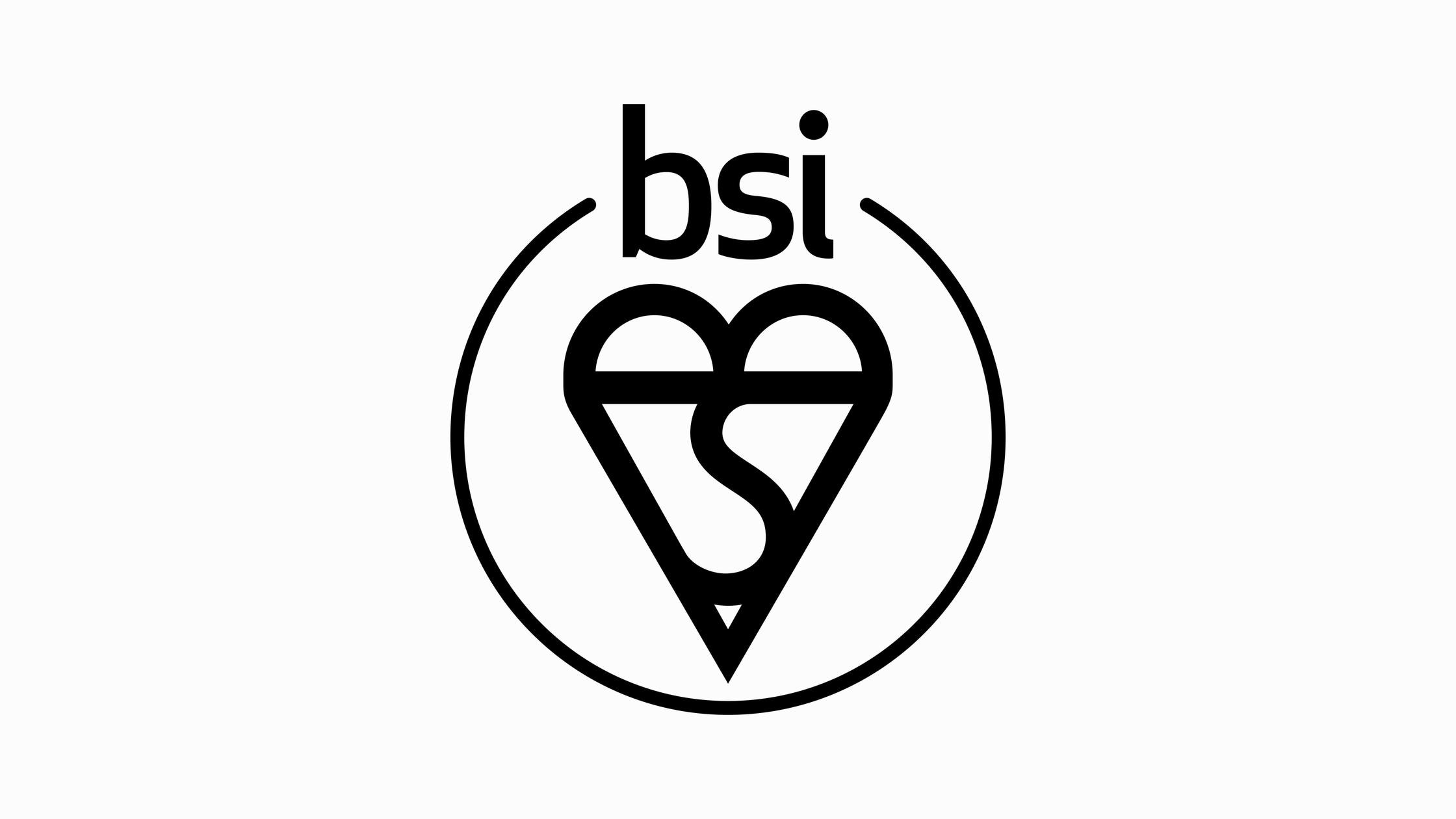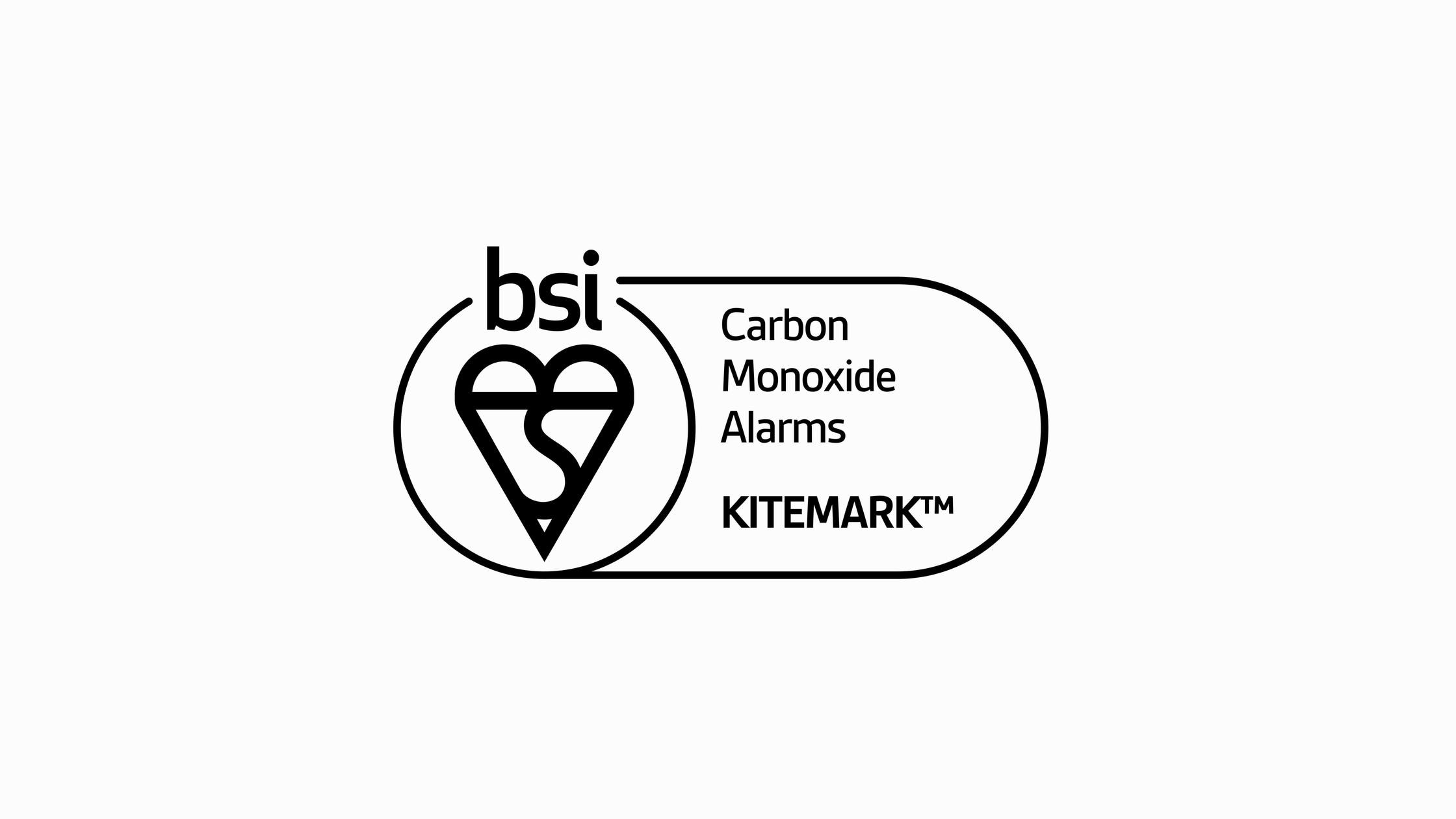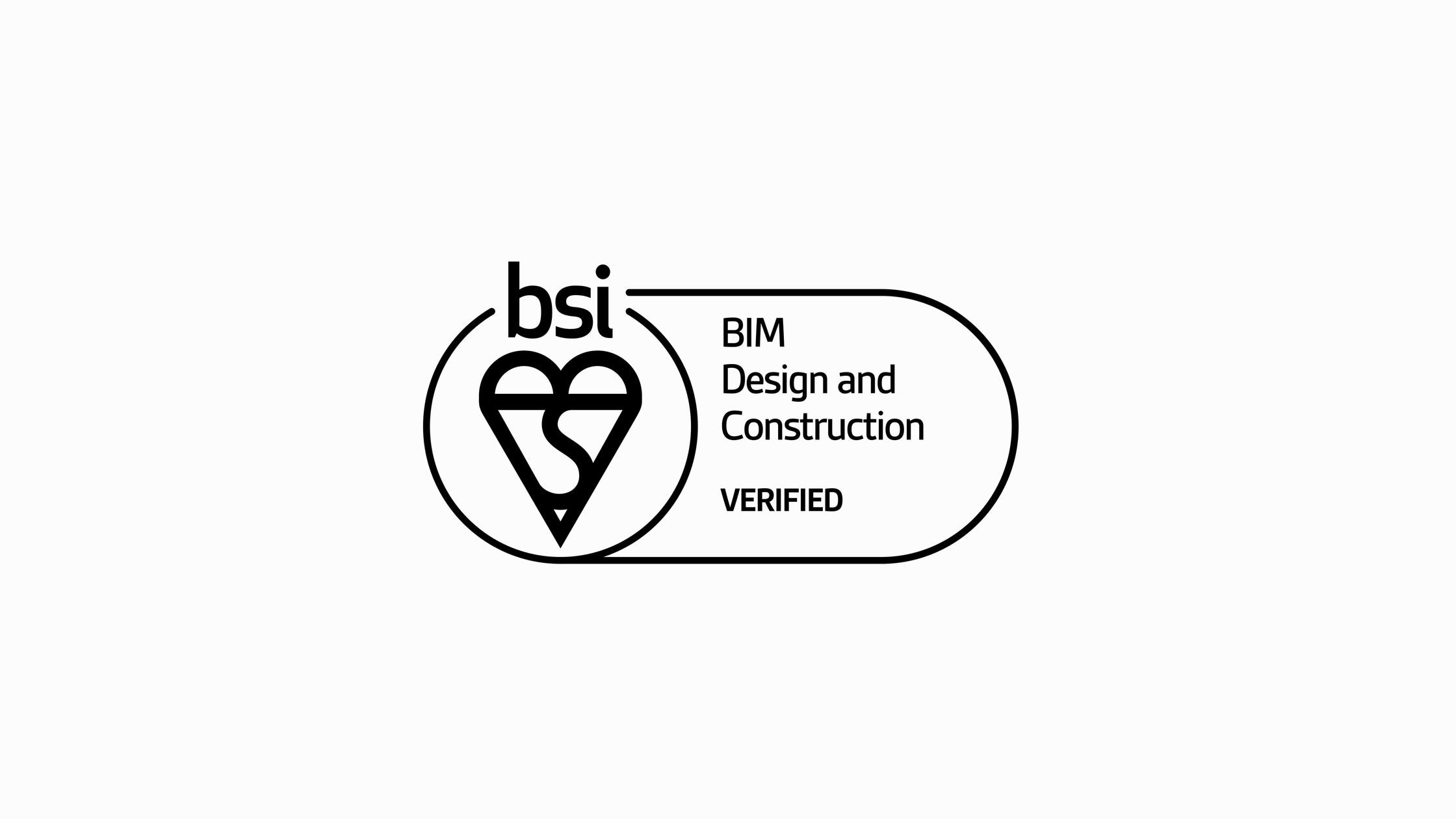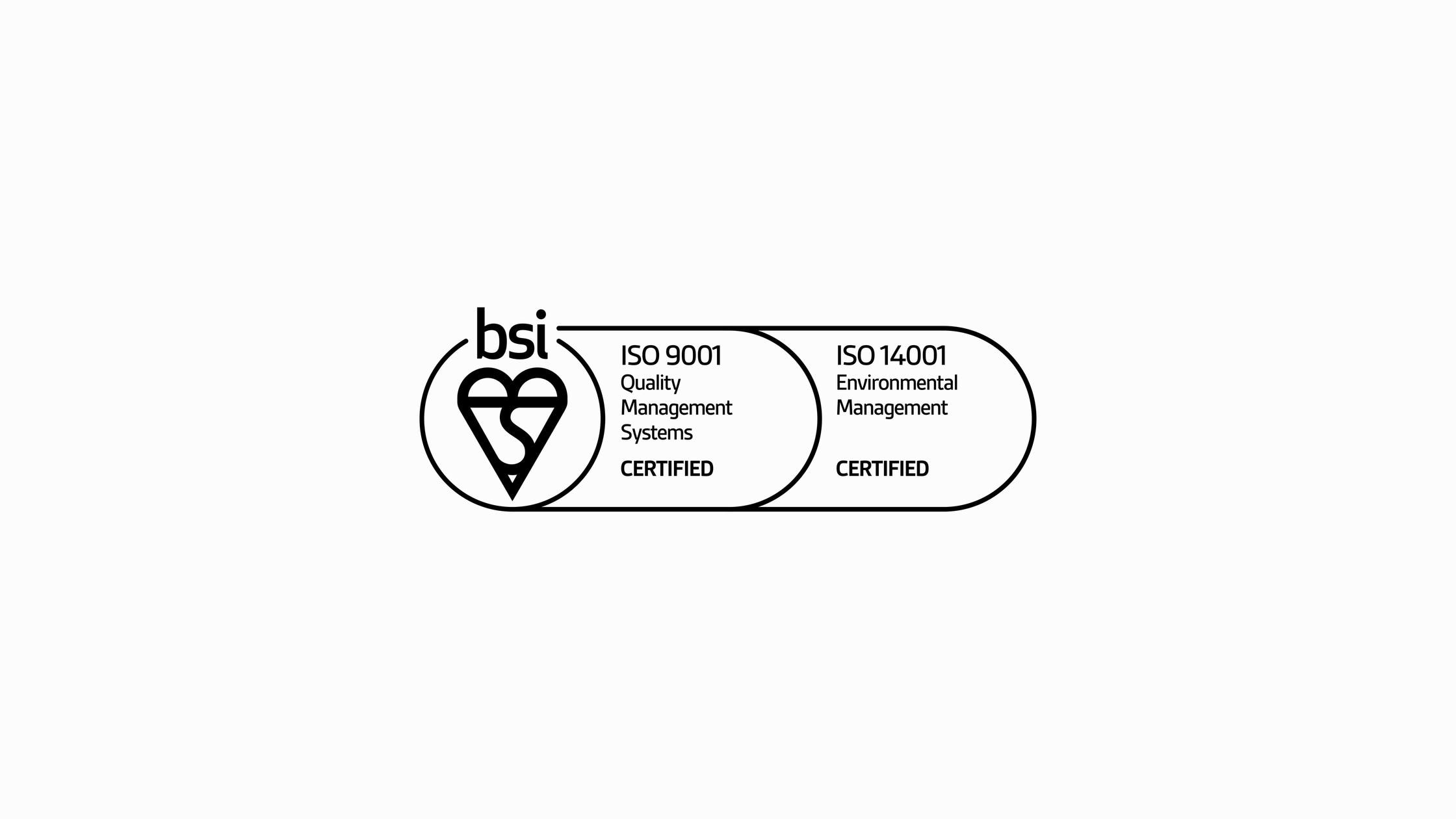Kitemark certification confirms that a product or service’s claim has been independently and repeatedly tested by experts, meaning that you can have trust and confidence in products and services that are BSI Kitemark certified.
- Search BSI
- Verify a Certificate









